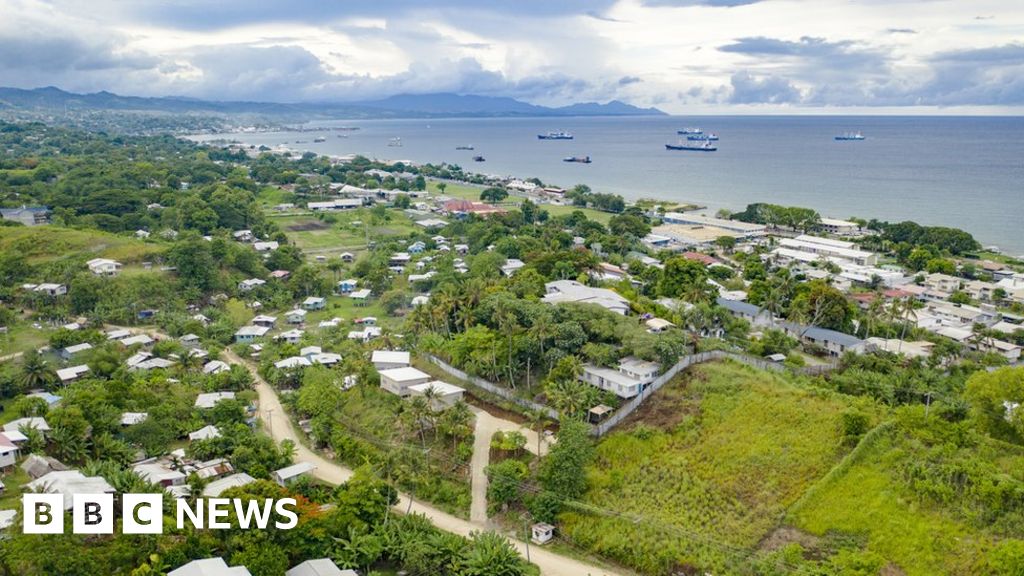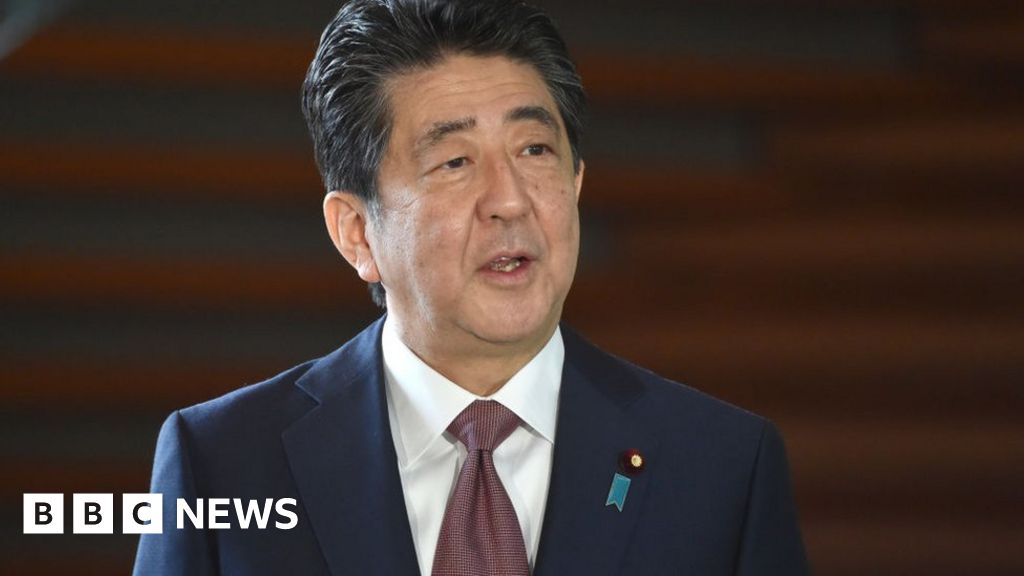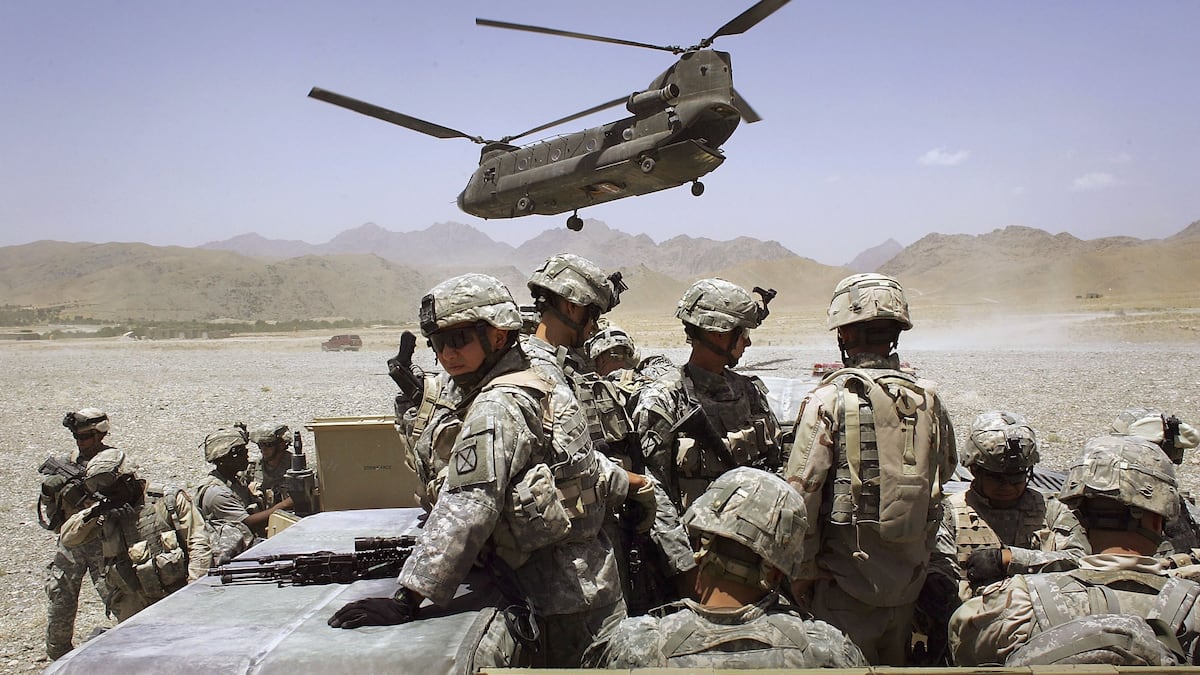1. Looking at Ukraine but thinking of Taiwan. This is a reaction to Paul Heer’s article, keeping in mind that direct negotiations may not be best conflict resolution method between asymmetrical conflict parties, in the case of Ukraine and Russia.
2. India’s abstention at the UN Security Council and General Assembly votes could mean:
3. Any prior hope that ASEAN had for India as a counter weight to China, if India’s reason for abstention is (ii) or (iii), will be extinguished. Before pointing a finger at India, we should note the 2 ASEAN members also abstained (namely, Laos and Vietnam). As I see it, ASEAN is living dangerously at the intersection of Americans and the G7 shouting India is unreliable, and Indian citizens shouting America is unreliable (during their border dispute with China). Most of ASEAN are not wanting to be caught between India and the G7.
4. Readers from G20 countries need to reign in wilder hopes of ASEAN support for Ukraine. The fact that Indonesia, Malaysia, Singapore and the Philippines took a stronger stance than ASEAN’s bland statement on the conflict is the best that we can hope for. Russia has received a bloody nose, but will learn. Russian generals are not fools; and I believe the Russians will learn from their failure of strategy, failure to schedule effective maintenance, their lack of coherence in the use of airpower, etc. Once they concentrate, stand-off and drench cities will artillery, odds in this campaign will shift.
5. Looking at the conflict in Ukraine from a Southeast Asian lens is certainly interesting.
2. India’s abstention at the UN Security Council and General Assembly votes could mean:
(i) Modi understanding for Russian position but condemning the invasion; or
(ii) Indian fear of Russian reprisals and maintaining relations with Russia; or
(iii) Modi’s view that this is ‘not my war’ and wanting to remain neutral, along with fear of western reprisals
3. Any prior hope that ASEAN had for India as a counter weight to China, if India’s reason for abstention is (ii) or (iii), will be extinguished. Before pointing a finger at India, we should note the 2 ASEAN members also abstained (namely, Laos and Vietnam). As I see it, ASEAN is living dangerously at the intersection of Americans and the G7 shouting India is unreliable, and Indian citizens shouting America is unreliable (during their border dispute with China). Most of ASEAN are not wanting to be caught between India and the G7.
4. Readers from G20 countries need to reign in wilder hopes of ASEAN support for Ukraine. The fact that Indonesia, Malaysia, Singapore and the Philippines took a stronger stance than ASEAN’s bland statement on the conflict is the best that we can hope for. Russia has received a bloody nose, but will learn. Russian generals are not fools; and I believe the Russians will learn from their failure of strategy, failure to schedule effective maintenance, their lack of coherence in the use of airpower, etc. Once they concentrate, stand-off and drench cities will artillery, odds in this campaign will shift.
5. Looking at the conflict in Ukraine from a Southeast Asian lens is certainly interesting.
(a) In the short term, Russia becomes China’s very junior partner — as Russia is being hit with sanctions, left right and centre. But China also suffers a geo-strategic loss viz a viz Europe & the G7. Under Trump, the Americans lost Europe. Under Biden, the G7/NATO are united in one voice.
(b) But in the medium to long term, if the war in Ukraine drags on for a decade, it could distract Europe/America and allow China to carve its sphere of influence in the Indo-Pacific.
Last edited:



